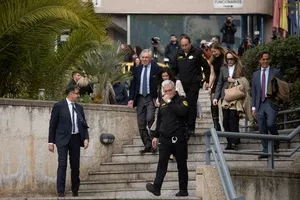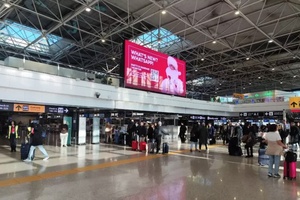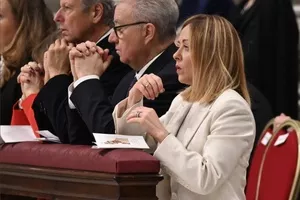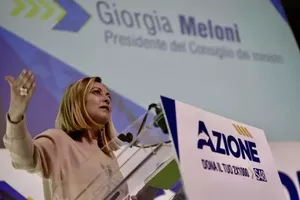The Pope avoided a diplomatic backlash by not using the hotly contested term “Rohingya” in his speech, delivered on Tuesday as part of his visit to the Southeast Asian nation of more than 100 ethnic groups.
The Pontiff shared the stage with Myanmar’s civilian leader, Aung San Suu Kyi, while addressing leaders of majority-Buddhist Myanmar at the presidential palace in Nay Pyi Taw.
“The future of Myanmar must be peace, a peace based on respect for the dignity and rights of each member of society, respect for each ethnic group and its identity, respect for the rule of law, and respect for a democratic order that enables each individual and every group - none excluded - to offer its legitimate contribution to the common good,” he affirmed.
“The arduous process to build peace and national reconciliation can only advance through a commitment to justice and respect for human rights.”
The Pontiff’s visit to Myanmar, where Catholicism is a minority religion, comes after a mass exodus of more than 620,000 Muslim Rohingya people from Rakhine state to the southern tip of Bangladesh since the end of August, following a military crackdown which has prompted an international outcry.
Myanmar does not recognise the Rohingya people as citizens or as members of a distinct ethnic group.
The nation rejects the term “Rohingya” and its use, with most people instead referring to the Muslim minority as illegal migrants from neighbouring Bangladesh.
Though the Pope worded his speech carefully in order to avoid a diplomatic incident, his message clearly spoke to the hardships currently faced by the Rohingya people.
“Religious differences need not be a source of division and distrust, but rather a force for unity, forgiveness, tolerance and wise nation-building,” he declared.
The Pontiff is scheduled to travel to Bangladesh on Thursday to meet with a small group of Rohingya refugees.
With ANSA




























